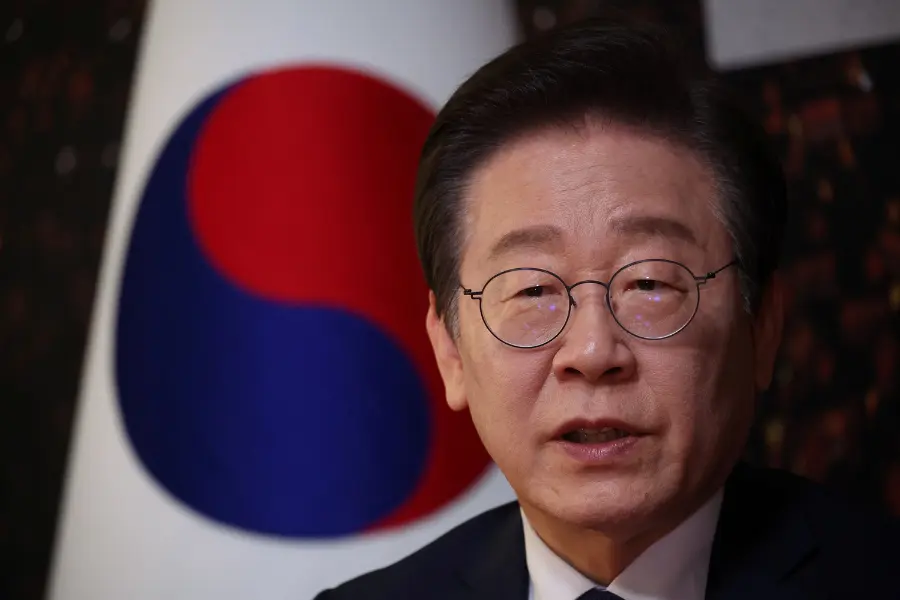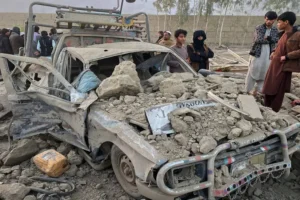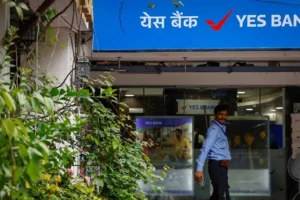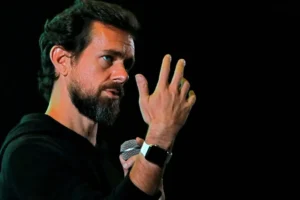
South Korea new president 2025: South Korea has entered a new chapter in the political sphere with the inauguration of Lee Jae-myung from the Democratic Party as the new president. Following a surprise election spurred on by the unprecedented impeachment of its former leader Yoon Suk Yeol. Lee’s presidency begins in a tumultuous situation given the country’s recent martial law crisis along with rising economic difficulties.
Given the significance of this election, which saw the highest voter turnout since 1997, there was considerable interest from other countries. It was not just about what the election represented politically, but also the opportunity for real change and renewal. Lee received 49.42% of the vote, compared to his conservative opponent Kim Moon-soo who received 41.15% of the total vote.
A Country Bouncing Back From a Challenging Time
The new president, like the former one will take on the full responsibilities immediately. Forgoing a typical transition period or phase, as the situation is a constitutional crisis that led to the fast removal of the previous president. In looking to remove Yoon from power many constituents were angry over Yoon’s effort to impose military governance on the nation. The chaos lasted weeks, as other criticism continued to come from within south Korea and internationally.
At Yoon’s impeachment’s first speech beyond Parliament, Lee confronted the obvious issue.
“The goal is to nobly quell the insurrection. Also, it was to guarantee that there is never again a military regime raised with weapons against the people,” he told a teary-eyed crowd of supporters.
His remarks implied a commitment to, not merely rebuild trust in democratic institutions. But also to heal the wounds laid bare by the martial law disaster.
Economic Recovery at the Core
While political healing is an emphasis, economic recovery is the area where Lee Jae-myung hopes to create his most significant impact. Once historically reliant on open trade globally, the South Korean economy now faces challenges. An erratic world market, rising inflation, and protectionism from an ally, the United States, that is decades long.
In his first speech, Lee noted:
“We will overcome this short term hurdle by leveraging the power of our people who are very capable.”
Lee has made a social contract to commit to tackling the cost necessities of living, creating jobs. It is contributing to sustainability efforts. He is slated to take steps for fiscal austerity and renegotiate trade agreements with strategic partners.
One of his most urgent responsibilities is adhering to the October 2021 deadline on import tariffs imposed by the White House. It is a tense topic in U.S. -South Korea trade relations.
Elevated Aspirations and Deep Divisions
While Lee’s campaign engaged almost half of the voters, the other half remains hesitant. The close race, along with a level of turnout not seen in modern South Korean elections. It demonstrates a deeply divided country, which is excited for change but uncertain about the future.
Observers note that this moment brings challenges as well as opportunities. Lee Jae-myung will be tasked not only with navigating policy choices. Also with healing the emotional and ideological divisions of a public marred by political scandal.
Despite these challenges, according to a significant number of South Koreans, Lee’s message resonates. His statement that “there will never be another military coup again” is viewed as a powerful way to reclaim democratic assurances for South Koreans.
Global Attention on South Korea’s Next Chapter
As international media closely tracks all developments, South Korea’s transition becomes the focal point in the recent news updates.
Lee’s presidency will influence not only regional relations in East Asia but also global economic and security systems more broadly.
Grappling with both national problems and global responsibilities from the outset, President Lee Jae-myung is beginning his presidency at a critical juncture in the nation’s contemporary history. His leadership will be focused on as South Korea tries to recover from crisis and create a new and positive future.
To conclude
The ascent of Lee Jae-myung to the presidency signals indicated to something greater than just a change of leadership. It signified what a country could hope for in recovering, developing and maintaining vigilant democratic values. Attention now shifts from the fallout of a challenge to the democratic order during a martial law crisis, to Lee’s presidency signals the beginning of the regime’s political and economic recovery.







Your point of view caught my eye and was very interesting. Thanks. I have a question for you. https://www.binance.com/ar/register?ref=53551167